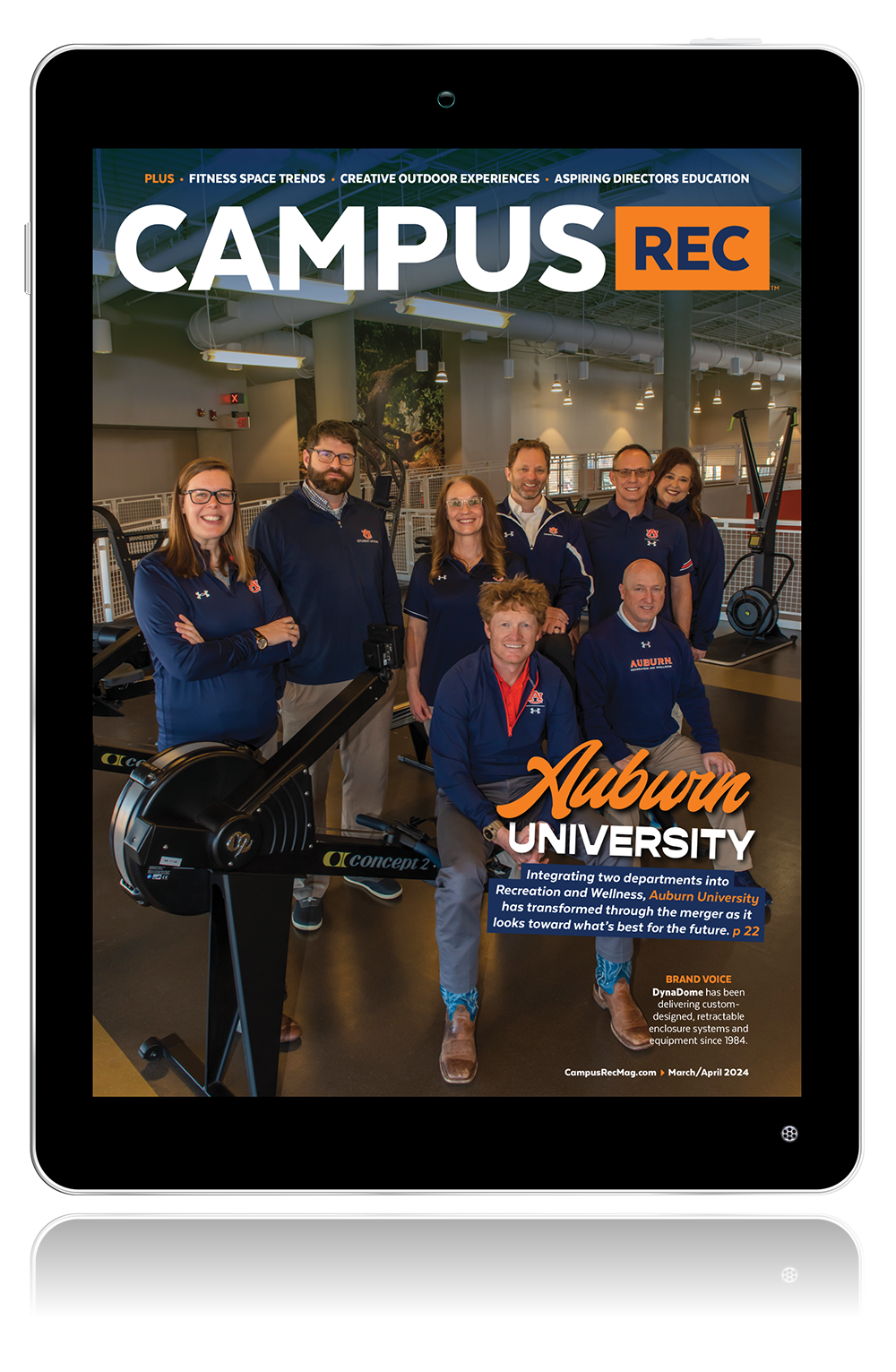“Emotional intelligence” (EQ) refers to the capacity of recognizing our feelings and those of others, for motivating ourselves, and for managing emotions well in ourselves and relationships.
Research suggests individuals with high EQ are happier, healthier and have more successful relationships personally and professionally. Individuals with high EQ exhibit:
- A balance between emotion and reason
- An awareness of their feelings
- Empathy and compassion for others
- Signs of high self-esteem
This article will discuss five domains of EQ and how they can positively impact the workplace from a leadership perspective.
EQ is a complex science of emotional and social competencies that determine how well we relate to ourselves/others and how we deal with the demands and pressures of our work and personal lives. People with Higher EQ:
- Admit and learn from mistakes.
- Take criticism as a learning opportunity.
- Can control their emotions.
- Listen more than talk.
Conversely, people with Lower EQ:
- Often think others don’t understand.
- Blame others for their problems on the team.
- Don’t think it is necessary to understand co-workers feelings.
There are “Five Domains of Emotional Intelligence” to be aware of as emotional intelligence is a differentiator from being a good leader to being an exceptional leader.
1. Self Awareness
Self awareness is the understanding of how you feel and how you can accurately assess your emotional state. Being self-aware is recognizing your own emotions and how they affect your thoughts and behaviors. How do we become more self-aware?
- Being open and honest with yourself and making positive changes, not only for yourself but for those you interact with.
- Being able to connect to your emotions. Emotions influence thoughts and actions.
- Slow down. When you experience strong emotions, dial it back. Seek to understand the situation.
Self awareness is the building block in having a healthy level of self-confidence that will have a ripple effect on those you lead daily.
2. Self Management
This is a fancy term for “self-control.” It is the ability to control impulsive feelings and behaviors, manage your emotions in healthy ways, following through on commitments, and adapting to change. Strategies for managing your emotions and displaying a mature level of self-control include:
- Trust. As a leader, do you display acts of trust to your colleagues and team members?
- Motivation. As a leader, how you motivate yourself resonates with your team.
- Managing emotions and staying emotionally present. When you become overly stressed, you can lose control of your emotions and the ability to act thoughtfully and appropriately.
Ultimately, having self-control will allow you to make choices that positively control impulsive feelings and behaviors.
3. Empathy
Empathy is the ability to recognize and understand people’s emotions. It is the ability to feel what the other person is feeling and the ability to put yourself in the other person’s shoes in a big and meaningful way. How do we improve our empathy or social awareness?
- Recognizing a different point of view establishes inclusivity and belonging in the workplace.
- Asking yourself, “How do you consider other people’s feelings, especially when making decisions?”
- As a leader, are you approachable? Do you listen carefully, seeking to understand?
- Pay attention to body language.
- Following the flow of another person’s emotional responses is a give-and-take process that requires you to also pay attention to the changes in your own emotional experiences.
- Respond to feelings. Provide support and encouragement.
Social awareness requires your presence at the moment. While many of us pride ourselves on an ability to multi-task, this means you will miss the subtle emotional shifts taking place in other people that help you fully understand them.
4. Motivation
Are you driven to achieve for the sake of achievement? Or is there a deeper purpose? Self-motivated leaders work consistently toward their goals. They have high standards for the quality of their work. Whether your driving force in motivation is intrinsic or extrinsic, there are key points to consider with motivation:
- Reflect on why you are doing your job. What was the “burning desire” for your career path?
- Know where you stand. Determine how motivated you are to lead a team. Identify areas of improvement and commit to making positive change.
- Be hopeful and find something good. Motivated leaders don’t get distracted by negativity.
- Motivated leaders embrace the issues and create a plan to get better.
5. Relationship Management
Working well with others is a process that begins with emotional awareness and your ability to recognize and understand what other people are experiencing. Developing and fostering relationships is important to the organizational culture. How do we develop those relationships?
- Become aware of how effectively you use nonverbal communication. Actions speak louder than words.
- Learn to see conflict as an opportunity to grow closer to others
- Promote teamwork, collaboration and development of each other every day
- Learn how to praise others. Positive reinforcement is key.
Summary of Emotional Intelligence:
Having strong emotional intelligence has many benefits from a leadership perspective. Research has indicated that individuals with a high level of emotional intelligence are happier, healthier and have more successful relationships, personally and professionally.
An additional factor for a high level of EQ is communication. Studies have shown that:
- 55% of communication is non-verbal.
- 38% is para-verbal — as in, tone of voice.
- 7% is word choice.
Being able to identify communication patterns in your organization and creating positive change will bring trust, transparency and motivated team members.
Leaders with a high level of EQ see transparent leadership throughout the organization, elevated team performance, better decision-making, increased personal well-being and lower staff turnover.
Image courtesy of Shutterstock










